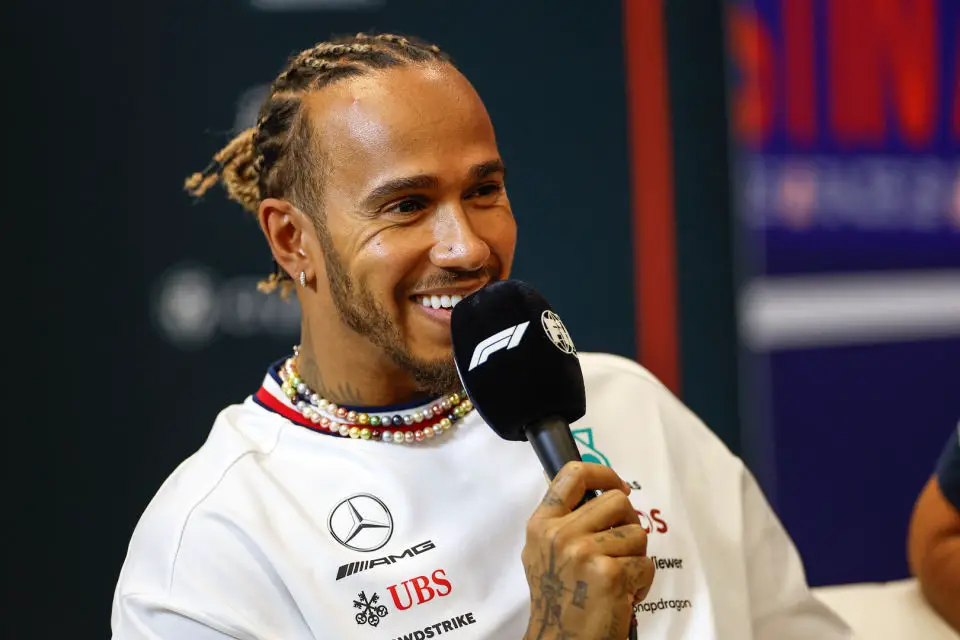Susie Wolff Voices Disappointment Over F1 Drivers’ Lack of Engagement with F1 Academy
In a recent interview, Susie Wolff, the managing director of F1 Academy, expressed her disappointment at the limited engagement of Formula 1 drivers with the F1 Academy during the United States Grand Prix in Austin. Wolff highlighted the minimal participation of drivers, with only Lewis Hamilton and George Russell visiting the F1 Academy paddock.
Key Takeaways:
- Limited Driver Participation: Susie Wolff, the current managing director of F1 Academy, pointed out that only two out of twenty Formula 1 drivers, specifically Lewis Hamilton and George Russell from Mercedes, visited the F1 Academy paddock during its first shared paddock experience with Formula 1 in Austin.
- Wolff’s Reaction: Expressing her sadness, Wolff emphasized Hamilton’s consistent support and expressed hope for increased interaction from F1 teams next season, given the platform and influence they possess in nurturing young talent.
- Future Prospects: Wolff acknowledged the challenge of integrating ten teams with their junior academies into the F1 Academy framework. However, she noted the positive impact this has had, starting a wave of talent scouting and nurturing in karting and beyond, fueling competitive spirit among teams to find the best female driver.

The Formula 1 Academy, a significant initiative in motorsports, aims to nurture and develop young talent, particularly female drivers. The United States Grand Prix weekend in Austin marked a milestone, as it was the first time the F1 Academy shared a paddock with the main Formula 1 event. This proximity offered a unique opportunity for interaction and support between the drivers of both circuits.
However, Wolff’s comments revealed a concerning lack of engagement from most of the Formula 1 drivers. She expressed her sentiments to Sky Sports F1, saying, “It’s a little bit sad that it’s always Lewis. He’s always the one offering support, coming over and really, because I think in the end, he knows what it’s like to be the only one and so he has an affinity.”
This situation underlines the importance of support and mentorship in the world of competitive sports, especially for emerging talents in disciplines like motorsports. Wolff’s hope is that with the F1 teams having their own livery next season, there will be a greater level of interaction and support for the F1 Academy.
Wolff’s journey to sign all ten teams was not without challenges, considering each team’s existing commitments to their junior academies. Yet, the integration has begun to yield positive results. Wolff elaborated, “The great thing for me when I signed all 10 teams, which was no mean feat I have to say it took a long time, it was a huge workload off my desk because they all have junior academies, they all know about nurturing talent and what you need to be successful in this sport and they all had to go out and find their drivers.”
The proactive approach of these teams in scouting and nurturing young talent, as described by Wolff, is beginning to create a positive ripple effect in the motorsport industry. The increased focus on finding and developing the best female drivers not only promotes inclusivity but also enhances the competitive landscape, starting from grassroots levels like karting.
In conclusion, while the current scenario reflects a missed opportunity for greater involvement from F1 drivers in supporting emerging talent, the future looks promising. With the concerted efforts of teams and an increased focus on nurturing young talent, the F1 Academy is set to play a pivotal role in shaping the future of motorsports.




